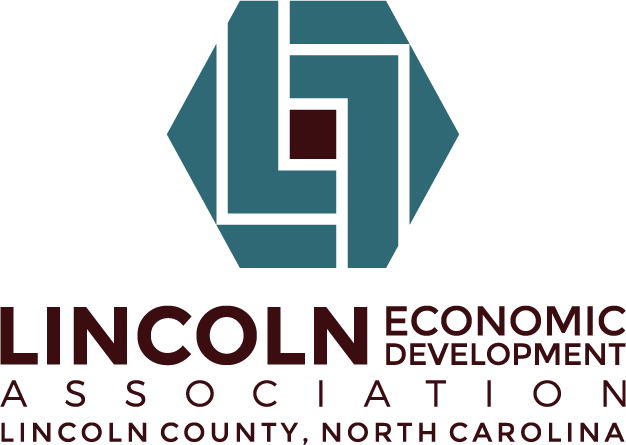Hof Textiles, Bosch Tool are Global Players
Germany has brought two creations to Lincolnton. Hof Textiles manufactures non-woven materials, and Robert Bosch Tool Corporation makes power tool accessories. Hof Textiles makes all non-woven materials for two divisions, apparel and automobiles. “We have over 50 families who make a living here,” said Gunther Hoffmann, President. “Our biggest challenge has been staying open while other plants have been closing.” The material for apparel is used to hold the fabric together inside garments such as collars and waistbands. Automobile engine compartments are lined with the non-woven material to silence the engine and also in other parts of the automobile such as the trunk. The company began in the city of Hof, Germany in 1858 as a textile plant, then changed to producing non-woven textiles in the late 70s. The company started as an apparel industry in 1992 in North America and came to Lincolnton. The automotive industry did not show up until 1998. Lincolnton is the only American location for Hof Textiles, Inc. The non-woven material used in cars is supplied to many automotive companies including BMW, Mercedes, Chrysler, Ford and General Motors. The clothing apparel is used on branded labels including Liz Claiborne. “The stuff we help make is used everyday by people,” Hoffmann said. “We make cars quieter and garments so much nicer than before.” The non-woven material is made with polyester fiber and chemical application. It is put on a master roll, which looks like a large supply of fabric. The company makes a couple thousand square meters a day, roughly 50 meters a minute. The material is then shipped to its determined location where it is molded into the proper shapes for the automobiles. The non-woven material for apparel is shipped worldwide and is not sold directly to private labels. Robert Bosch Tool Corporation is the second German company which is in Lincolnton and has recently changed names. Founded in Louisville, KY in 1947 as American Saw and Tool (AS&T), it began in Lincolnton in 1960 as the Threadit Division of AS&T. In 1963, it had a name change to Vermont America. In 1965, the name “Hardware Division” was added due to the involvement in the hardware trade. By 1970, the Hardware Division was split into two divisions: marketing, Vermont American Tool, and the manufacturing division, Lincolnton Manufacturing Division (LMD). In 1967, VA Tool moved into a new facility on Indian Creek Road, leaving LMD in the space on Aspen Street. In 1990, VA became a part of a merged venture with Emerson Electric of St. Louis and the Robert Bosch Company with headquarters in Germany. Since 2000, the company has been totally owed by Bosch. In 2003, the company became a part of Bosch, knows as Robert Bosch Tool Corporation, an Accessories Business Unit. The company makes power tool accessories such as circle saw blades and router tables. It even makes some of the Craftsman Tools which are sold at Sears. Sherry Singleton, HR Manager for the Distribution Division said she thinks the impact of the international company is great. “It is got to be good for the community,” she said. “It allows them to see different cultures and influences.” Shane Jones, Distribution Manager agreed with Singleton. “With international companies you can’t make assumptions,” he said. “One way is not wrong or right.” Bosch also has an automotive section which is not located in Lincolnton. Bosch was started in Germany in 1886 by Robert Bosch. David A. Lee, General Manager at the Accessory Division said he thought International Week was a good week to begin for the community. “I think it is a good thing for people to know about us since we have changed names,” he said. “It is good for people to know that we are still the same place.” Lee also said it is important for people to learn about one another’s culture and understand what is behind a company’s beliefs.





